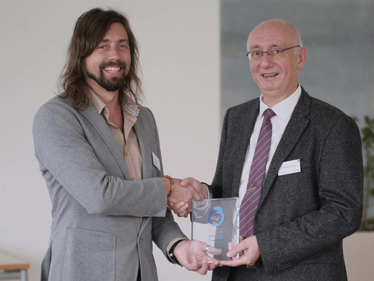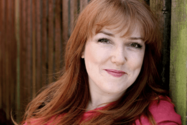Fighting Fake Pharma
Humanity in Science Award 2017 goes to pharmacist fighting substandard medicines
Richard Jähnke, from the Global Pharma Health Fund (GPHF), has been working in developing countries to fight the spread of inferior and counterfeit medicines for over 20 years. Jähnke developed the “GPHF Minilab”, a complete field test kit for medicine quality analysis that can be used virtually anywhere – even in the absence of electricity and running water. Since its initial development, 800 Minilabs have been supplied across 95 countries, and are already in use for antimalarial drug monitoring across Africa and Southeast Asia.

Now, his dedication to developing cheap, simple point-of-care tests (sometimes at the risk of his personal safety) has been recognized: in October 2017, Jähnke was presented with The Humanity in Science Award – given every year by The Analytical Scientist to reward altruism and innovation across the scientific field.
This year, the USD 25,000 award was presented by Texere Publishing Content Director Rich Whitworth at industry partner KNAUER’s 55th anniversary celebration in Berlin, Germany. Alexandra Knauer, sole owner and managing director, warmly congratulated Jähnke, saying: “At KNAUER, our aim is to develop precise tools for scientists with which they can gain new insights. The vision behind it is progress for the benefit of man. The ‘Humanity in Science Award’ very much matches this idea.”
Jähnke now intends to carry on the fight – broadening the Minilab for additional APIs, continuing to develop new tests and travelling further across the globe to train potential users of the kit. Look out for our interview with him in a future issue…

A former library manager and storyteller, I have wanted to write for magazines since I was six years old, when I used to make my own out of foolscap paper and sellotape and distribute them to my family. Since getting my MSc in Publishing, I’ve worked as a freelance writer and content creator for both digital and print, writing on subjects such as fashion, food, tourism, photography – and the history of Roman toilets. Now I can be found working on The Analytical Scientist, finding the ‘human angle’ to cutting-edge science stories.















